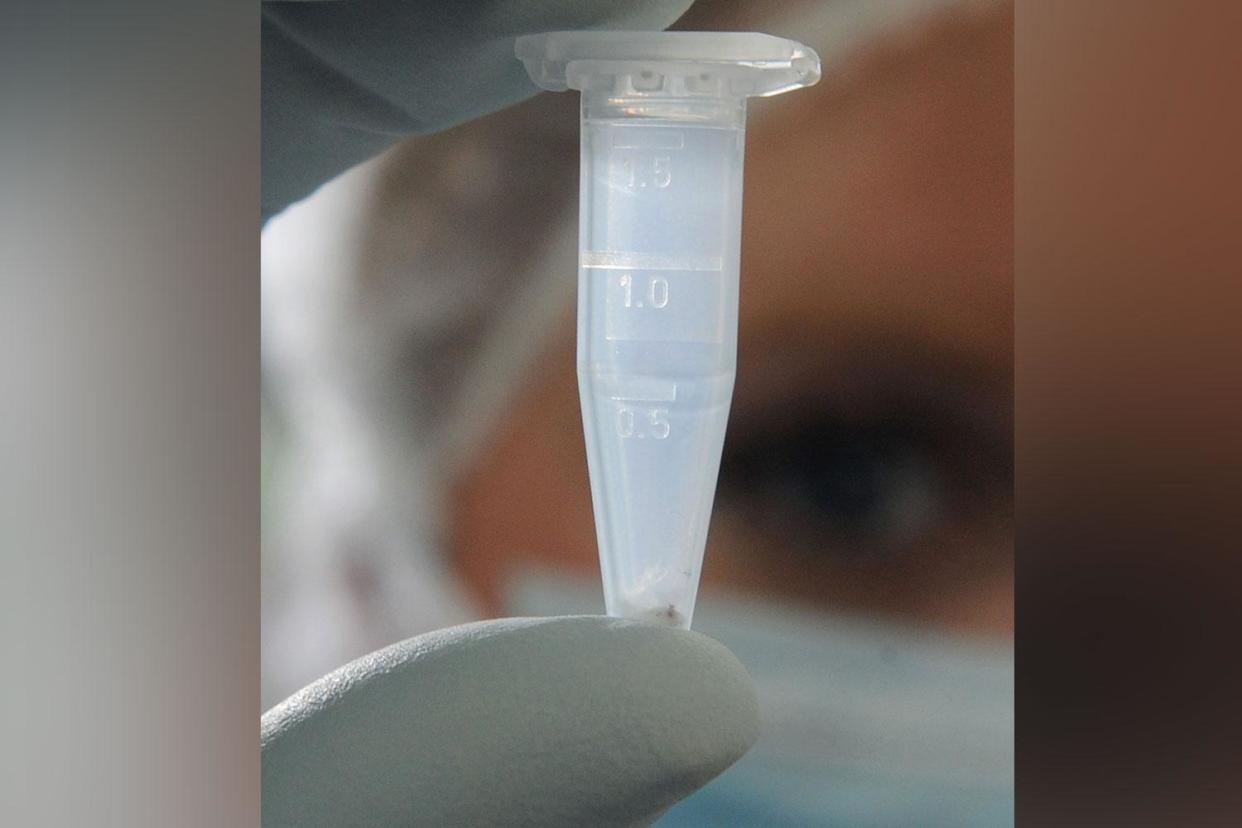Tampering claims at forensic lab ‘could hit 10,000 criminal cases’

Forensic evidence in more than 10,000 criminal cases could have been made unreliable by alleged data manipulation at a testing site, police chiefs said today.
The National Police Chiefs’ Council said the cases potentially affected included violent attacks, sex crimes and unexplained deaths, although three quarters were traffic offences.
Some drug driving prosecutions have already been abandoned as a result and two road death convictions have been referred to the Court of Appeal.
The police chiefs added that retests of the forensic material involved had yet to find any impact on any of the sexual or violent offences, however, or on any homicides.
But the Home Office - which admitted that child custody decisions taken by local authorities might also be affected - said it recognised the “seriousness” of the problem.
It said that was still working with police to “monitor the scale of the issue” as information about the extent of alleged wrongdoing emerged.
It added that toxicology tests involved were used to detect the presence of drugs, or in some cases, alcohol in a person’s hair, blood or urine.
Today’s announcement follows the arrest of two men by Greater Manchester Police over the alleged manipulation by individuals working at a Randox Testing Services site in Manchester.
The alleged manipulation - which covers a four year period between 2013 and 2017 - emerged earlier this year when a data anomaly in a drug driving case was reported to Randox.
Similar interference is also suspected at a second firm Trimega Laboratories Ltd between 2010 and 2014.
The Home Office said that all tests at both firms during the affected periods were being treated as potentially unreliable.
The National Police Chiefs’ Council said retesting was either complete or under way for around 70 per cent of the highest priority cases, with the rest expected to be completed by mid-2018.
Of the around 50 cases due to go to trial which have been dropped, some were discontinued because there was no sample available for retesting.
Others were dropped because the sample was insufficient in quality or quantity to allow retesting or because there had been degradation of evidence.
Further cases had been abandoned because the court concerned had refused to allow any delay while the forensic problems were resolved.
Policing minister Nick Hurd said that civil cases were not thought to be affected, but that child custody decisions and drug or alcohol tests carried out by employers on their staff had potentially been manipulated, as well as the criminal cases.
He added: “The Government recognises the seriousness of this issue and the potential impact on public confidence in the use of forensic science within the justice system.
“The senior judiciary are aware and Government officials are working with the police to monitor the scale of the issue, as information emerges.”

 Yahoo News
Yahoo News 
